
You carry your mobile phone with you every day, and you have carefully chosen a package that meets your needs. You don't want to overpay, and you definitely don't want to incur data overage charges. Picking your chequing account should be treated with the same respect, as choosing the wrong account could cost you dearly. Here's what you need to consider before using Hardbacon's chequing account comparison tool to select a chequing account.
How to avoid paying fees on your chequing account
There are a number of ways you can avoid charges. Banks have several packages tailored to your age and occupation. Depending on your age, you can get a youth account or an account for seniors. Both accounts have fee reductions or no-charge account options that suit your lifestyle. Obviously, you have to meet the eligibility criteria. If, like many of us, you are between being young and old, check the offers based on your occupation. These offers often give you access to advantageous chequing accounts.
For example, packages for post-secondary students typically offer a fee holiday and no minimum balance. Did you finish school? Several banks offer advantageous packages to graduates. The same applies to some professions.
There are many personal chequing accounts with different monthly fees. The monthly fee range for a chequing account in Canada is between $0 and $30. If you opt for an account with monthly fees, make sure you get what you pay for.
How do you use your chequing account?
Each institution has different chequing account packages, but the features are often the same.
The monthly fee is the amount payable each month to take advantage of the package’s services. In some cases, the flat monthly fee may be waived if you maintain a minimum balance in the account, often between $2000 and $5000. As a general rule, the higher the monthly fees, the more the package will include, such as unlimited transactions, a US dollar account, free bank drafts, overdraft protection, personalized cheques, etc.
Like a mobile phone plan, don’t get more than you need. However, each account has a certain number of transactions included and you should avoid paying the cost of additional transactions. So you need to know your habits and calculate how many deposits, bill payments, money transfers and withdrawals you plan to make per month. Then you can choose an account that meets your needs.
What will be your future financial needs?
You may need additional services in the future. If you eventually want to take out a mortgage or deal with a financial planner and want to bring all your services together under one roof, dig deeper into your research to find out what that particular institution has to offer when it comes to savings accounts, credit cards, online brokers and robo-advisers. Be aware, however, that you don't have to put all your eggs in one basket. Sound management of your personal finances means getting the best deals, whether the same financial institution offers them or not.
In the event that you want a credit card, consider whether it's just for shopping online. If this is the case, opt for a debit-credit card that will enable you to shop without taking on any debt.
Have you considered debit-credit cards?
With the meteoric rise in internet shopping, which requires a credit card, banks have developed a debit-credit card. With these, you can make purchases online and abroad by using the card’s Visa option. Your purchases are then debited directly from your chequing account, so there is no need to borrow to pay for online purchases. They are also very useful for paying from your chequing account, which at one time could only be done with a credit card. For example, you can use a debit-credit card to pay for streaming services subscriptions, to download apps, games and music, to order from Uber Eats and others, to pay your phone bill, and you can even register your card with your phone service provider as well as to pay your taxes online on the Canada Revenue Agency’s website.
If you want to enjoy all this flexibility, opt for a chequing account that provides you with a debit-credit card.
Do you need to deal with an actual bank teller often?
Today, virtually all financial institutions have a mobile app and a website. If you’re going to use digital services primarily, it would be a good idea to check which ones you like and what types of transactions are supported. Choosing an institution that is only online such as Tangerine can save you a lot of money, but be careful, if you need to talk to someone, the only way is to call them.
If you need to visit a branch sometimes, check which banks are near your home, as this could save you a lot of inconvenience. Also, make sure that their hours of operation suit your schedule. It would be annoying if the bank were closed on the only day you are available to go there.
Choose the chequing account that best suits your needs
The question of how you should choose a chequing account has a very simple answer. Check the accounts that suit your lifestyle, estimate the number of monthly transactions you make, and consult the Hardbacon chequing account comparison tool. Before making a final choice, check to see if there are branches near you. Do your best to predict your current and future needs and you’ll have done your due diligence in choosing the ideal chequing account for you.
If you liked this article, you’ll definitely like Hardbacon’s mobile app, which links to your banking and investing accounts, helps you plan your financial goals, budget, and invest better. The basic version of the app is free, but you can do more with Hardbacon Premium. As a loyal reader of our blog, you can get 10% off any Hardbacon Premium subscription. To take advantage of this promotion, use promo code BLOG10 when subscribing through our website.






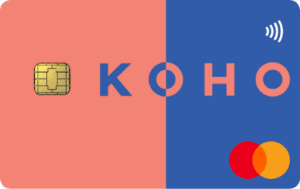
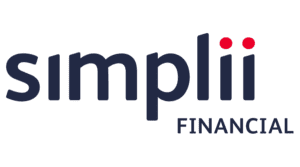
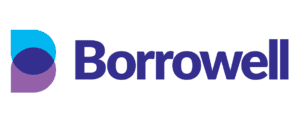




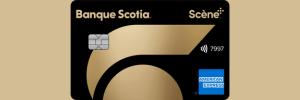



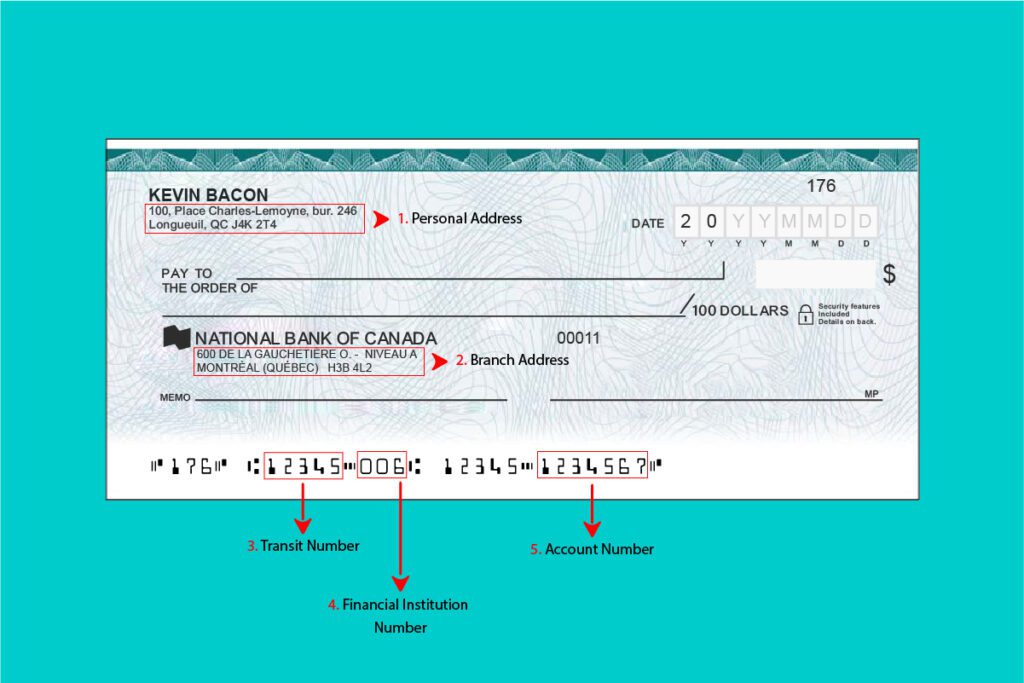
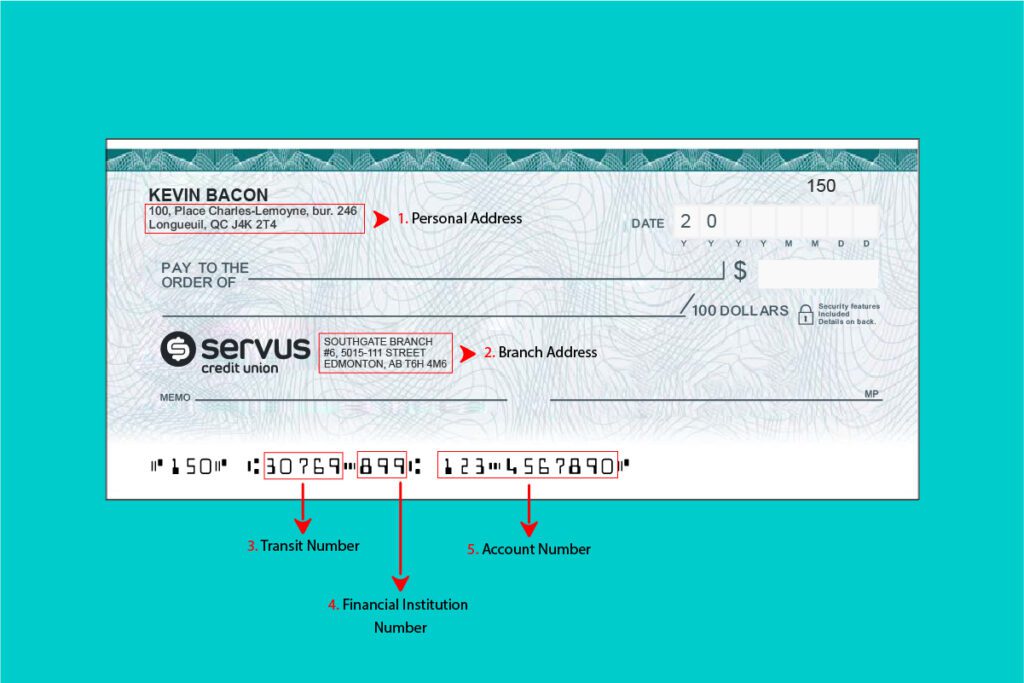



About The Author: Émilie J.Talbot
Émilie is the Marketing Director at Hardbacon. A former financial security advisor, she is passionate about finance. She understands the importance of sound personal financial advice and aims to write about this topic to help readers make better financial decisions.
More posts by Émilie J.Talbot